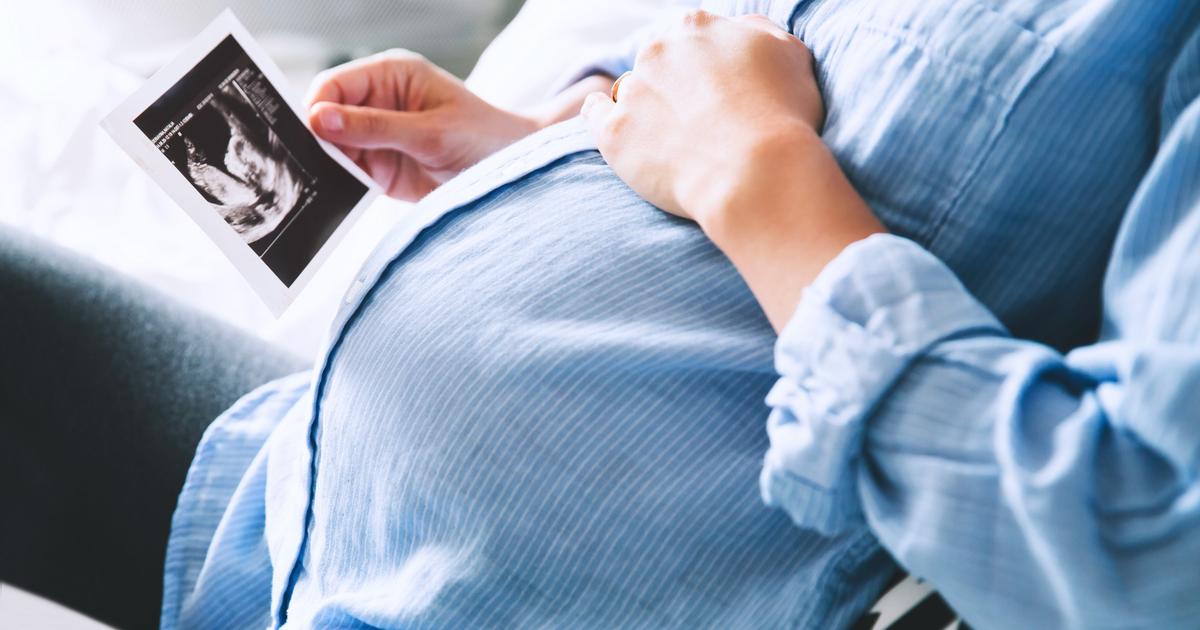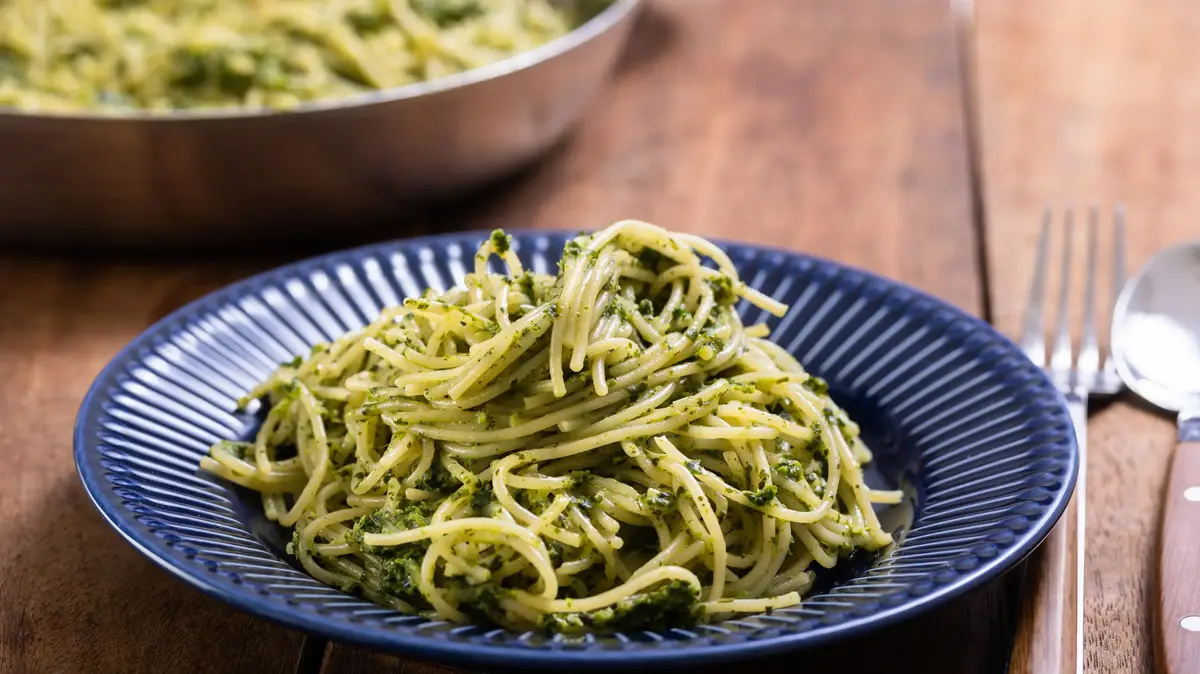Faced with their plates, children are sometimes intractable.
As surprising as it may seem, their learning of tastes and flavors begins well before the bottle and the small pots, but at the very heart of the mother's uterus.
This is highlighted by a study conducted by a scientific team from the British universities of Durham and the French universities of Burgundy, published Thursday, September 21 in the journal
Psychological Science
.
Thanks to the observation of 4D ultrasounds of 100 English women, aged 18 to 40 and pregnant from 32 to 36 weeks, these researchers were able to scrutinize the facial expressions of the fetuses at the time of the meal of the future mothers.
Read alsoFor their good, should we stop giving fruit juice to children?
Orange pill or green pill?
For the purposes of this work, the scientific team provided the participants with two capsules containing a carrot-based powder and another based on kale.
A first group ingested the equivalent of a medium carrot, another ate the equivalent of 100 grams of kale.
Twenty minutes later, ultrasounds returned a unanimous verdict: fetuses exposed to the carrot revealed “a laughing face”, while those who had been in contact with the green vegetable prized by healthy food lovers presented “a tearful face”. , report the researchers.
The control group, meanwhile, who had consumed neither carrots nor cabbage, did not have the same reactions.
In video, the three rules of a healthy diet
Previous research had already observed the reactions of infants exposed to carrot flavor via amniotic fluid or breast milk.
This new study highlights, for the first time,
in utero
facial expressions in relation to ingested food.
"The ultrasound images suggest reactions similar to those of children or adults, but it is not known whether the fetuses actually feel emotions or aversions in the same way", nuance Nadja Reissland, co-author of the study and head of the laboratory. of Fetal and Neonatal Research at Durham University, in the columns of
NBS News
.
According to the researcher, the grimace linked to the ingestion of kale could actually be "muscle movements in response to a bitter taste."
Read alsoAre you part of the club of cilantro haters?
Good eating habits start early
These conclusions are considered promising by the scientific community.
These observations of fetal movements could play “a major role in our understanding of the development of our taste and olfactory receptors, as well as the perception and memory linked to them”, assures Professor Benoist Schaal, from the National Research Center scientist University of Burgundy, co-author of the study.
More broadly, the researchers say their findings could help better inform mothers about the importance of healthy eating during pregnancy.
Also, to the delight of parents (and perhaps less so for child guinea pigs), if we assume that a fetus repeatedly tastes kale from the womb station, the latter will be more likely to tolerate - or even appreciate - this flavor when he begins to eat solid foods, the researchers hope.
Tremble youth, the broccoli lobby is on.












/cloudfront-eu-central-1.images.arcpublishing.com/prisa/S7ERVSCT4FUVX6R7TUVBDNTH5Y.jpg)


